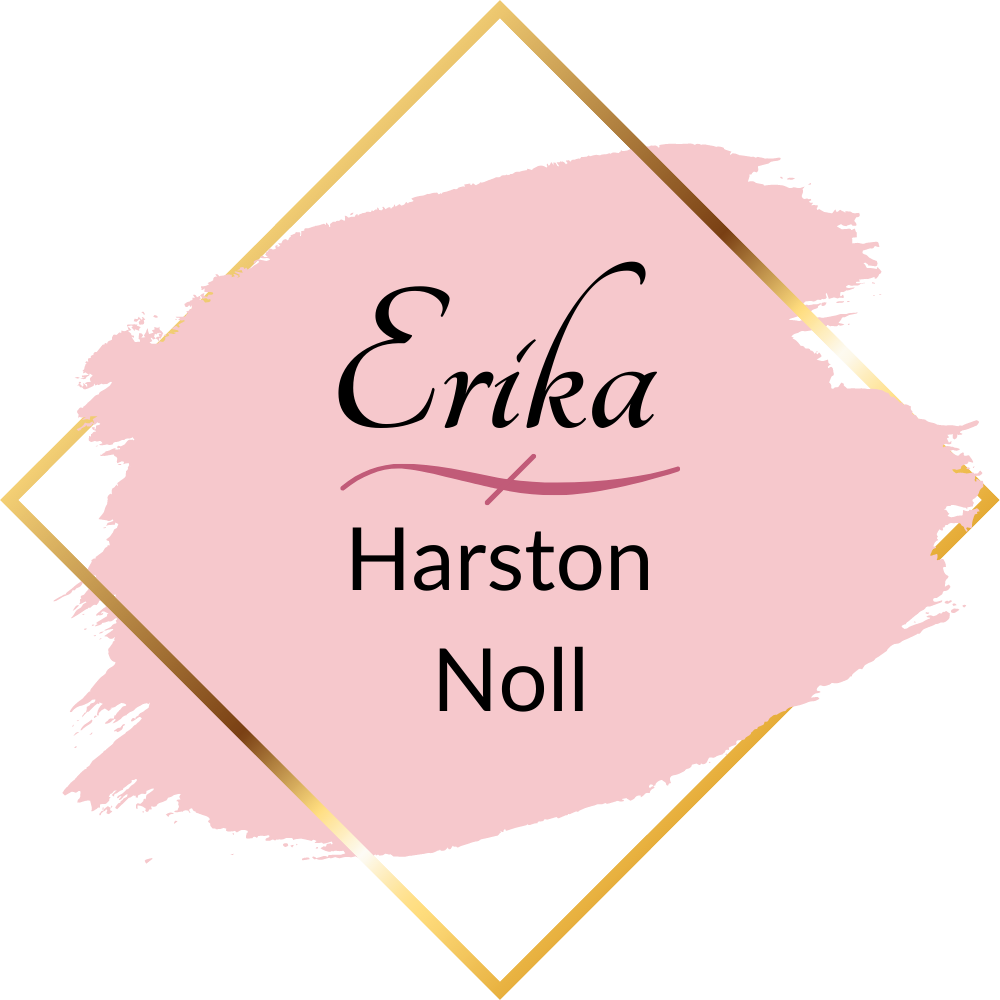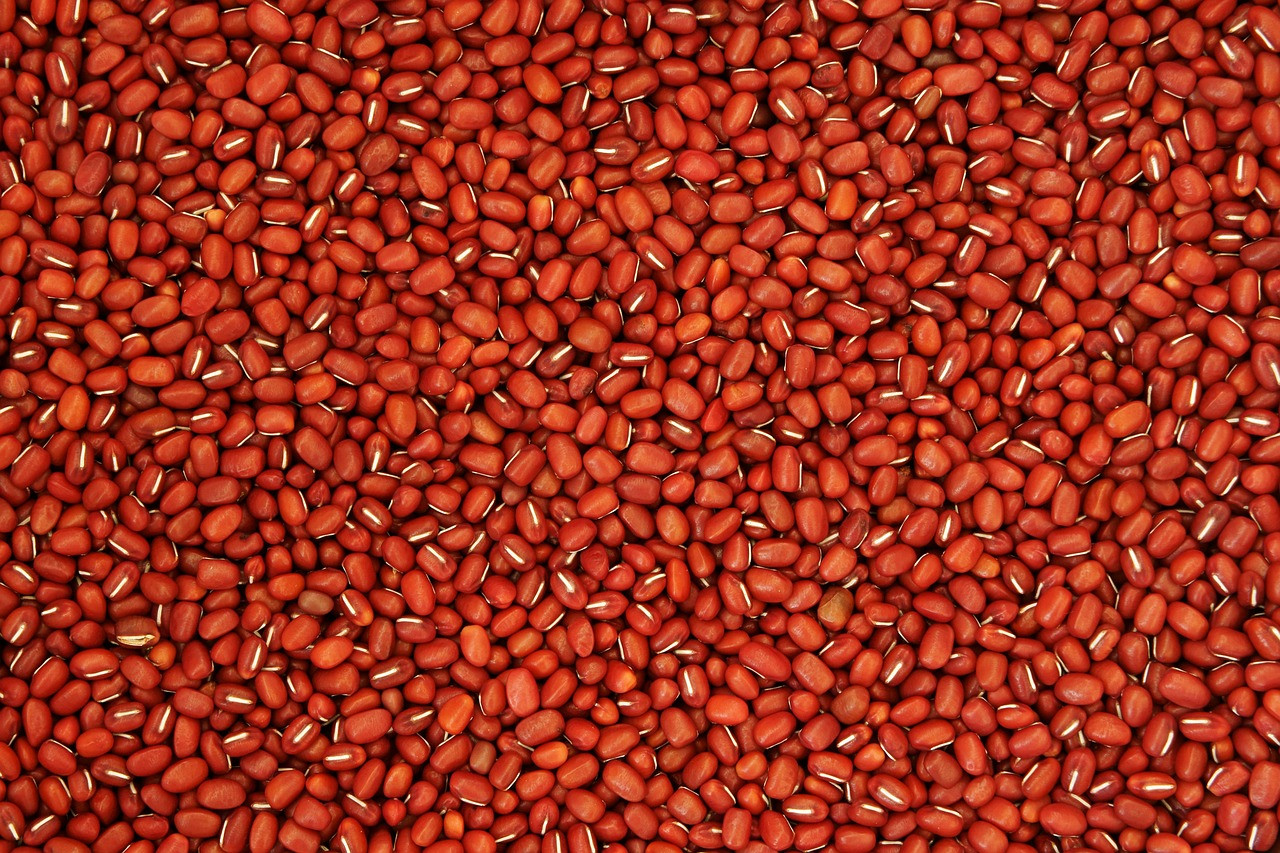
Beans are packed with nutrition and are a great source of fiber, protein, resistant starch, and antioxidants. However, beans also contain lectins – proteins that can be difficult for your body to digest. But don’t worry! With the right preparation techniques, you can unlock the power of beans by removing lectins and making them easier to digest. Let’s explore how this works.
What Are Lectins?
Lectins are proteins found in many foods (not just beans), including grains and legumes. They have been linked to some digestive issues, such as gas or bloating. This is why it’s important to understand how to prepare your beans properly so they are safe and easy to digest.
Soaking & Cooking Your Beans Correctly
The best way to reduce lectin content in beans is by soaking them overnight before cooking them (24 hours is even better). Soaking can reduce up to 50-90% of the lectin content. Make sure you discard the soaking water several times during the process since it may contain toxins from the bean skins and other debris that have been released during soaking. After draining your soaked beans, rinse them thoroughly before adding fresh water to boil for about 3 hours or until they become tender but not mushy. This will help ensure your beans come out perfectly cooked every time!
Other Ways To Reduce Lectin Content
In addition to soaking and cooking correctly, there are a few other ways you can reduce the lectin content in your beans:
1) Buy organic whenever possible – conventionally grown legumes tend to have higher levels of pesticides which may increase their lectin content;
2) Avoid canned varieties since they tend to contain a lot more additives;
3) Use pressure cookers – this method has been shown to significantly reduce lectins in food;
4) Add spices like cumin, turmeric, ginger or garlic during cooking as these herbs may help break down some of the lectins in food;
5) Always cook your legumes well – undercooking them may leave more active lectins in them which could be detrimental for those with sensitivities;
6) Scoop off any foam that forms on top of cooked legumes as this could be an indication that there are still active lectins present in the food.
Eating beans can be a nutritious addition to any diet if prepared correctly. By following these simple steps on how to soak and cook your legumes properly, you can reduce their lectin content while still enjoying all the health benefits they offer! Holistic moms who want healthier options for themselves and their families should consider adding this nutrient-dense superfood into their diets today! Try experimenting with different types of recipes featuring legumes such as soups, stews or salads - you will be glad you did!
My blogs contain some affiliate links.
Any purchase made is a blessing to my family at no extra cost to you!
Thank you for supporting us!
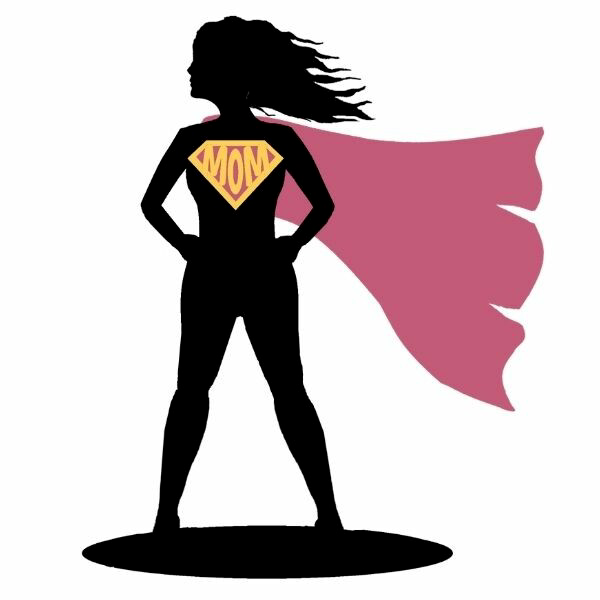

Vitamin D is a powerful nutrient that you and your family need in order to stay healthy. It helps your body absorb calcium, which is important for strong bones and teeth. It also plays a role in your immune system, heart health, brain development, and more. Unfortunately, many of us don’t get enough vitamin D from our diets or sun exposure. So let’s explore why this vital vitamin is so important and how you can make sure you and your family are getting enough of it.
Benefits of Vitamin D
Vitamin D is essential for strong bones and teeth
Vitamin D is essential for the absorption of calcium from food sources like dark leafy greens, nuts, seeds, and legumes, which is necessary for the development and maintenance of strong bones and teeth, with a reduced risk of fractures. A lack of vitamin D can lead to a condition known as rickets, in which the bones become soft and weak, and osteoporosis, in which bones become brittle and weak.
Vitamin D helps to prevent cancer
Vitamin D has been shown to help protect against various types of cancer, including breast, colon, and ovarian cancer. One study showed that women who took a daily vitamin D supplement had a significantly lower risk of developing breast cancer than those who did not take a supplement.
Vitamin D helps to improve mood and cognitive function
Vitamin D has been shown to play a role in mental health by helping regulate mood disorders like depression or anxiety and cognitive function. One study found that people with higher levels of vitamin D were less likely to experience depression than those with lower levels. (Here is another study) Additionally, several studies have found that vitamin D can help to improve cognitive function throughout life—it has been shown to reduce the risk of dementia later on down the line!
Vitamin D can help to prevent respiratory infections
Vitamin D has been shown to help prevent respiratory infections, such as colds and flu. One study found that people who took a daily vitamin D supplement were less likely to experience respiratory infections than those who did not take a supplement. Additionally, vitamin D can help boost immunity against colds and flu by acting as an antioxidant in the body—and it even has anti-inflammatory properties that could help reduce symptoms of autoimmune diseases like arthritis.
Vitamin D is necessary for pregnant women and their babies
Vitamin D is necessary for pregnant women and their babies. A lack of vitamin D during pregnancy can lead to preterm birth and low birth weight. Additionally, vitamin D is essential for the development of the baby’s brain and nervous system
How to Get Enough Vitamin D
Get out in the sun!! We need at least a half hour of mid-day sun exposure daily. And eat the plants and other foods filled with Vitamin D! However, most people don’t get enough vitamin D from their diets or sun exposure alone—so supplementation is often necessary if you want to reach optimal levels of this important nutrient. Fortunately there are several ways to supplement with vitamin D safely and effectively! First off, look for a high quality supplement that contains other nutrients that work synergistically with vitamin D to provide maximum absorption into the body’s cells. Or look for a source that combines with calcium and other nutrients to support bones specifically. Additionally opt for supplements made with natural sources such as fish oil or cod liver oil; these forms provide the most bioavailable form of this vital nutrient and has the added brain benefit of Omega 3 fatty acids!
Taking care of yourself means taking care of your body too—and ensuring adequate levels of vitamin D is an essential part of doing that! This powerful nutrient helps strengthen bones and teeth while boosting immunity against colds and flu viruses—not to mention its potential benefits for mental health as well! Fortunately there are several ways you can supplement with this essential nutrient safely—just make sure you talk to your doctor first before beginning any sort of supplementation program. Taking good care of yourself now will pay off big dividends down the line!
My blogs contain some affiliate links.
Any purchase made is a blessing to my family at no extra cost to you!
Thank you for supporting us!

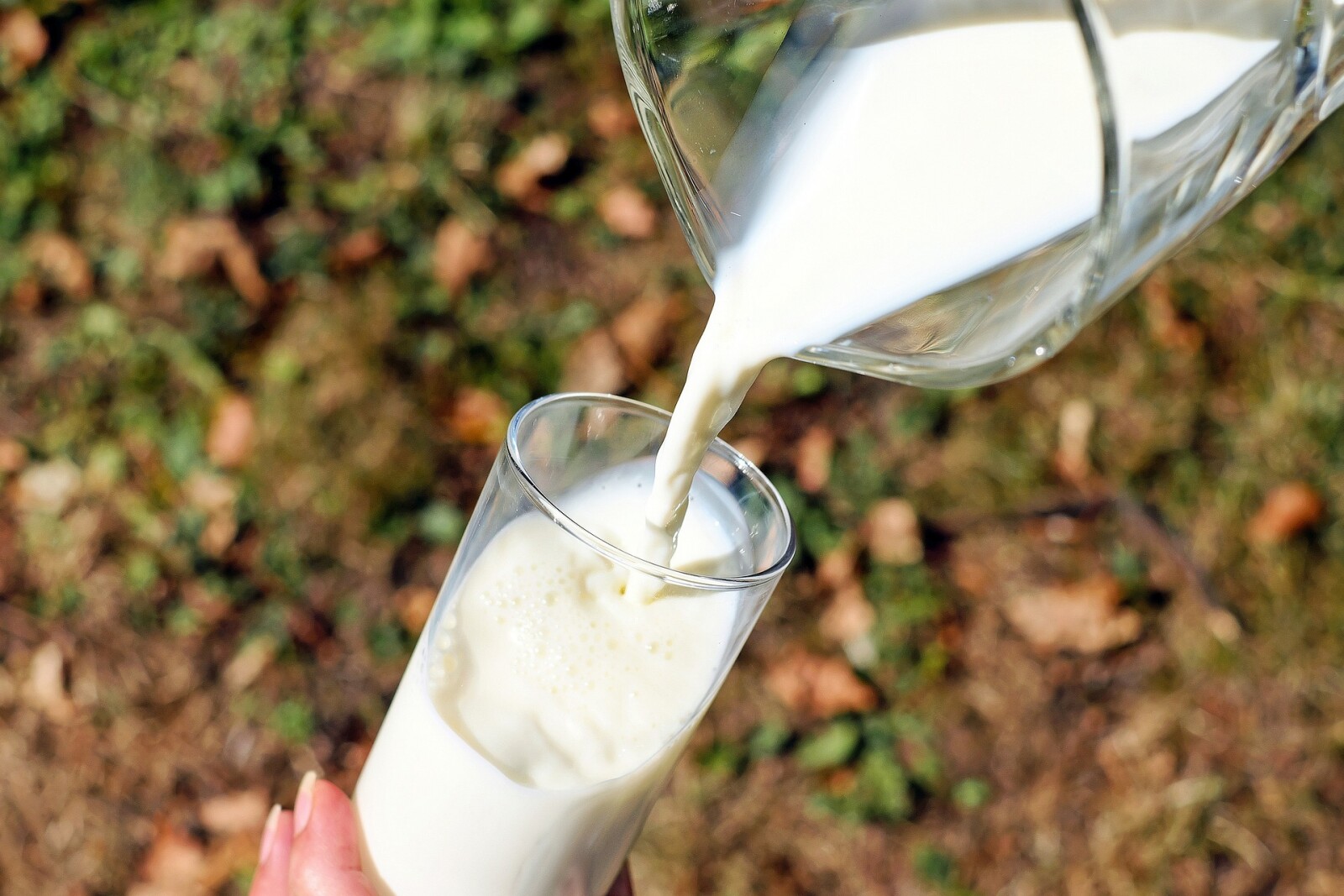
Many holistic moms are looking for ways to get their daily dose of vitamin D without using dairy products. The good news is that there are plenty of ways to get vitamin D from your diet without relying on dairy. Here’s how!
Sunshine
The most natural way to get your daily dose of Vitamin D is by soaking up the sun. Just 10-30 minutes a day of direct sunlight can give you all the Vitamin D you need, plus it helps improve your mood as well. If you don’t have access to the sun, or if it’s not sunny out, there are other options.
Food Sources
If you don’t want to rely on dairy, there are still plenty of foods that can provide you with Vitamin D. For example, fatty fish such as salmon and tuna contain high amounts of Vitamin D, as do egg yolks and beef liver. Other non-dairy sources include mushrooms, algae, certain plant milks (such as almond milk), fortified orange juice, and some types of breads. It’s important to check food labels for specific nutrient content so that you know what you’re getting in each product. However, it is best to get Vitamin D from natural, rather than fortified sources.
Vitamin D Supplements
Another option is to take a vitamin D supplement. When choosing a supplement, look for one that has at least 1000 IU (international units) or 25 micrograms per serving and comes from a reputable source. You can also ask your doctor about any additional supplements they recommend for optimal health benefits.
Getting your daily dose of vitamin D doesn’t have to mean relying on dairy products—there are plenty of other sources available! By taking advantage of things like direct sunlight exposure and naturally occurring food sources, plus adding in a daily supplement if necessary, holistic moms everywhere can easily meet their dietary needs without compromising their values or lifestyle choices. With these tips in mind, getting enough vitamin D should be easy peasy!
My blogs contain some affiliate links.
Any purchase made is a blessing to my family at no extra cost to you!
Thank you for supporting us!


We all know that getting enough Vitamin D is important for our health and wellbeing, but where does it come from? As it turns out, we can get a good portion of our daily recommended dose of Vitamin D from the sun! Let’s explore what vitamin D is, how it’s made in the body, and how you can get your daily dose of sunshine.
What is Vitamin D?
Vitamin D is an essential nutrient that helps keep bones strong and healthy. It also regulates levels of phosphorus and calcium in the body, which helps with muscle function, nerve signaling, and boosting immunity. Our bodies make vitamin D when our skin is exposed to direct sunlight. This means that if you are spending time outdoors without a sunscreen or protective clothing on (gasp!), you are actually doing your body some good by getting your daily dose of sunshine!
How Does It Work?
So how does this process work exactly? When ultraviolet B (UVB) rays hit our skin, they trigger a process in which cholesterol-like molecules called provitamins produce vitamin D3. This vitamin D3 then circulates through the bloodstream to be taken up by organs including our kidneys and liver. Here it is converted into an active form of the vitamin called calcitriol, which can then be used by the body to help maintain healthy bones and muscles. The amount of UVB radiation that reaches us depends on many factors such as season, time of day, latitude, altitude and cloud cover – so if you want to maximize your exposure to this sunshine vitamin make sure you get outside when possible!
Getting Enough Vitamin D
When it comes to getting enough Vitamin D there are two ways to go about it - either through food sources or through direct sunlight exposure on unprotected skin. Eating foods rich in Vitamin D, like fatty fish like salmon or tuna, as well as eggs, mushrooms. and algae can help provide some extra vitamins for those days when you don’t get outside much. Additionally supplementation with a high quality supplement may also be beneficial for those who live in areas with limited access to natural sunlight year-round or for people who have trouble absorbing Vitamin D due to medical conditions such as celiac disease or Crohn's Disease.
Vitamin D plays an important role in keeping bones strong and healthy as well as regulating levels of phosphorus and calcium in the body - making it an essential part of any holistic mom’s diet! Fortunately getting enough Vitamin D doesn't have to be complicated; simply spending 10-30 minutes outside each day without sunscreen will give you your daily dose of sunshine while helping protect against deficiency related illnesses such as osteoporosis or rickets. So next time you find yourself stuck indoors looking out longingly at warmer weather outside don't forget that not only do you deserve some fun outdoor time - but that fun outdoor time can also provide your body with some much needed nutrients too! That's one way we moms really can have it all!
My blogs contain some affiliate links.
Any purchase made is a blessing to my family at no extra cost to you!
Thank you for supporting us!

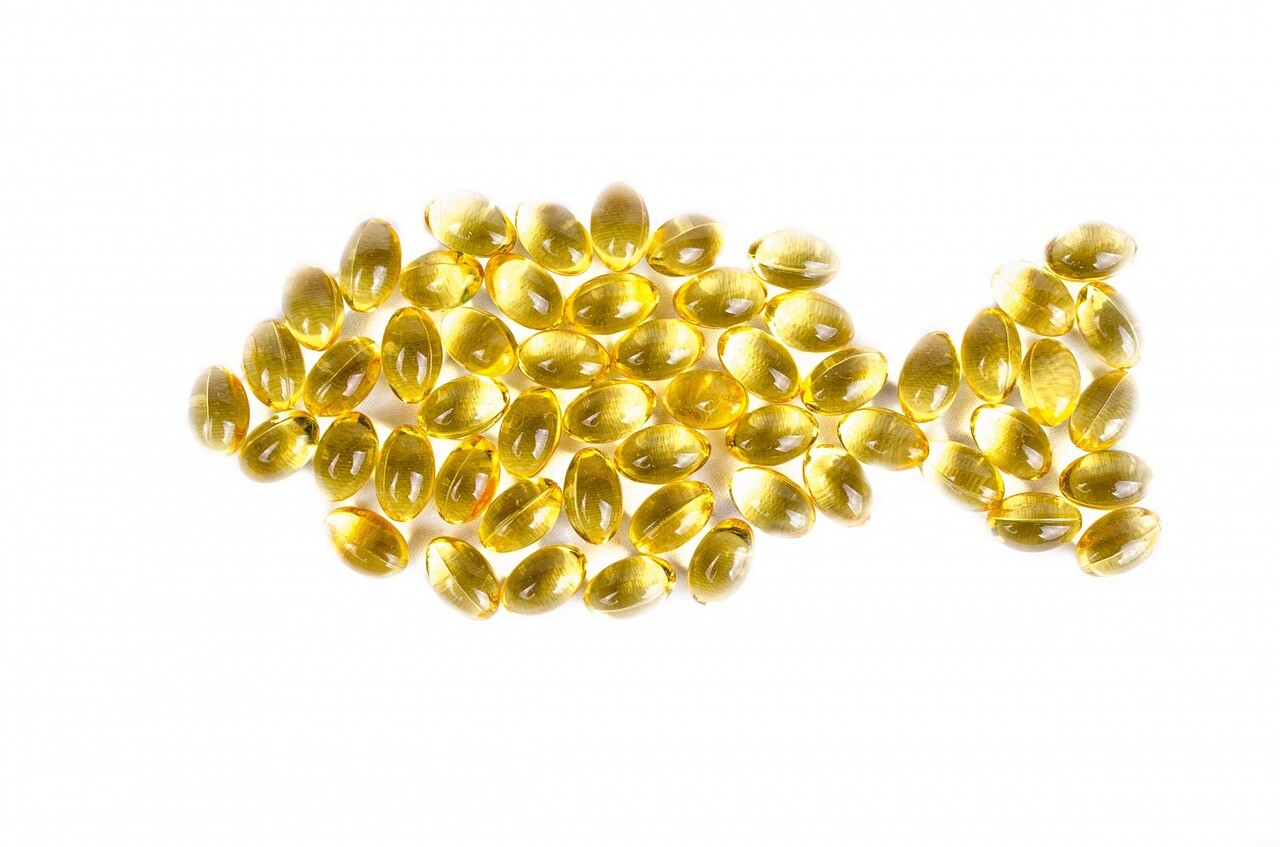
Omega 3 fatty acids are essential fats that our bodies need to function properly, but did you know they can also provide a wealth of benefits when it comes to brain health? Many people are low in these essential nutrients. Let’s take a closer look at why omega 3 fatty acids are important for brain health and how they can help.
What Are Omega 3 Fatty Acids?
Omega 3 fatty acids are a type of fat made up of three main components, eicosapentaenoic acid (EPA), docosahexaenoic acid (DHA), and alpha-linolenic acid (ALA). These are essential fatty acids that your body cannot make on its own. These are found in foods such as salmon, herring, mackerel, sardines, eggs, walnuts, flax seeds, hemp seed, chia seeds, algae, brussel sprouts, and some vegetable oils. They have been found to be associated with improved physical and mental health due to their anti-inflammatory properties. It is important to note, that the ALA found in plant foods must be converted to EPA and DHA within the body, and some people have a low conversion rate, so getting EPA and DHA is important. Algae is a fantastic vegan source of EPA and DHA.
Why Omega 3 Fatty Acids Are Good For Brain Health?
Omega 3 fatty acids play an important role in maintaining healthy brain functions. They help support the development of new cells in the brain and aid in communication between neurons. Studies have shown that omega 3 fats have neuroprotective effects which can help protect against certain degenerative diseases such as Alzheimer's and dementia. Additionally, they have also been linked to improved memory and cognitive performance.
How do Omega 3 Fatty Acids help mood?
Besides helping with cognitive function, omega 3 fatty acids can also help reduce stress levels and improve mood by increasing serotonin production in the brain. This is because EPA has been found to increase dopamine production which is responsible for regulating emotions. Furthermore, DHA helps regulate inflammation which can be beneficial for emotional wellbeing. ALA helps reduce inflammation and oxidative stress on the body which helps improve mood.
Overall, it’s clear that omega-3 fatty acids offer numerous benefits when it comes to brain health. Whether you’re looking to maintain mental clarity or improve your mood and emotional wellbeing, adding more omega-3 rich foods into your diet is a great way to promote overall well-being. And because most people are deficient in Omega-3 fatty acids, it is also beneficial to supplement. I have a favorite vegan and non-vegan Omega 3 supplement, they both also have Vitamin D3 and CoQ10, among other beneficial ingredients and are very absorbable. Holistic moms should consider incorporating these essential fats into their family’s diet for improved physical and mental health!
My blogs contain some affiliate links.
Any purchase made is a blessing to my family at no extra cost to you!
Thank you for supporting us!

